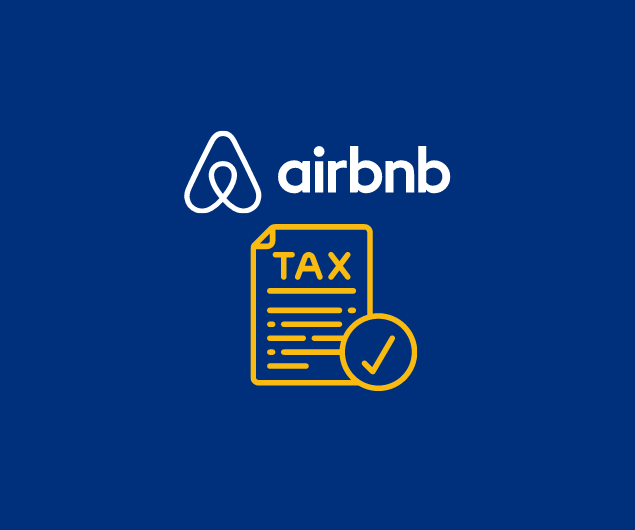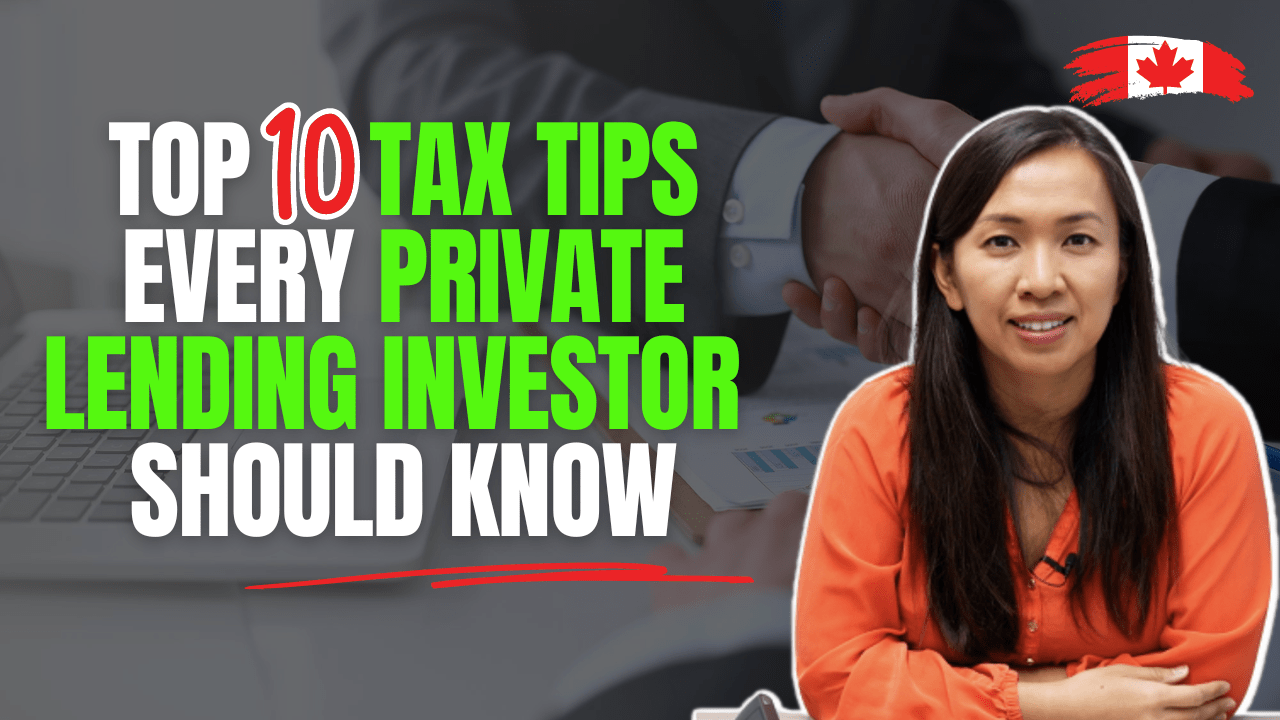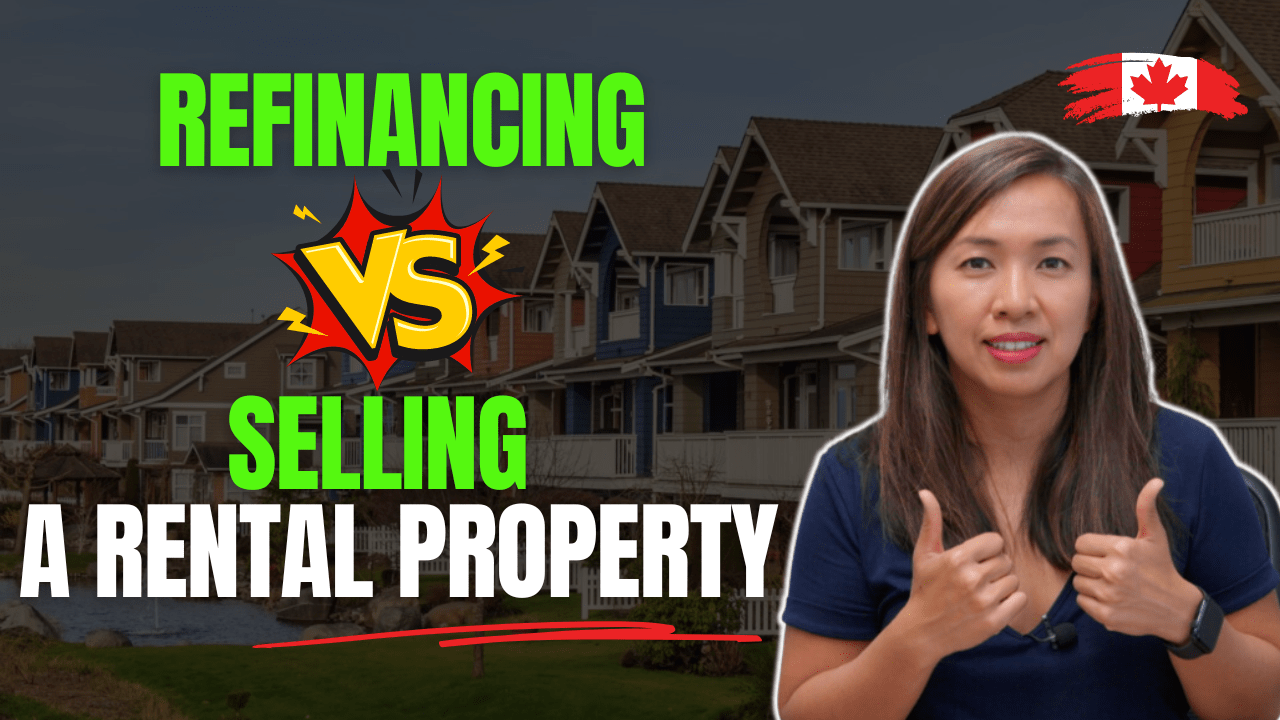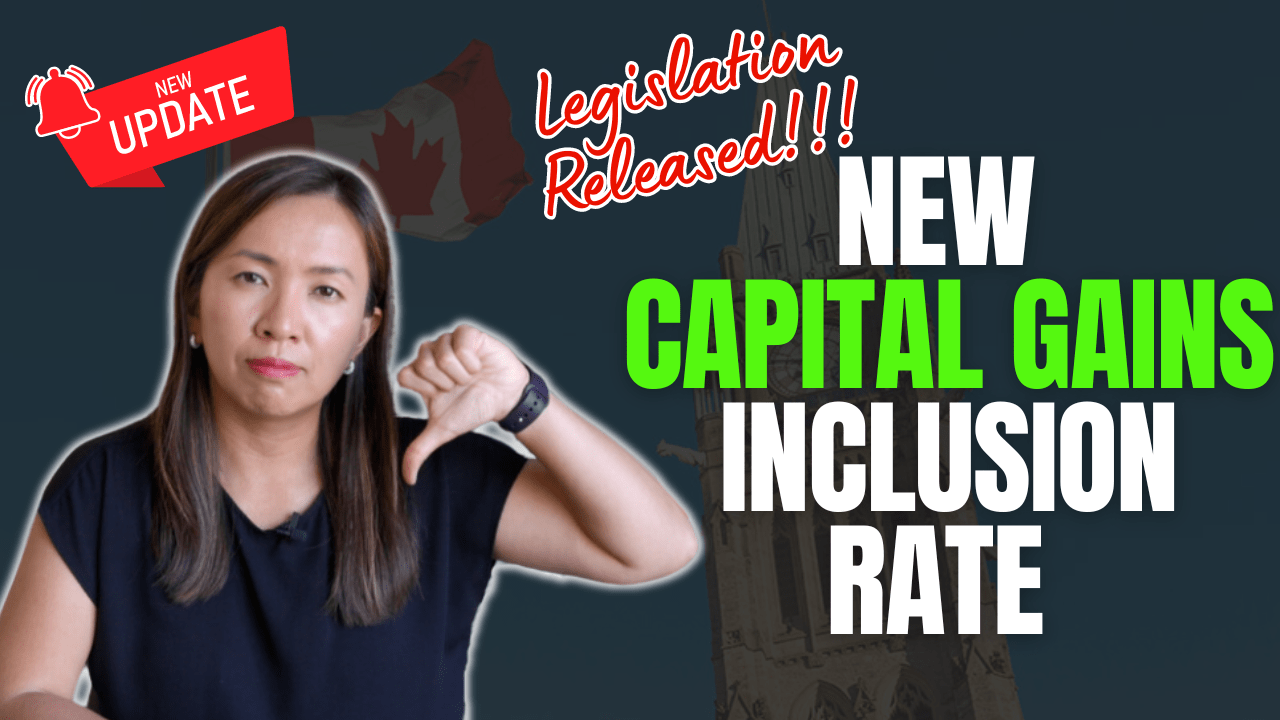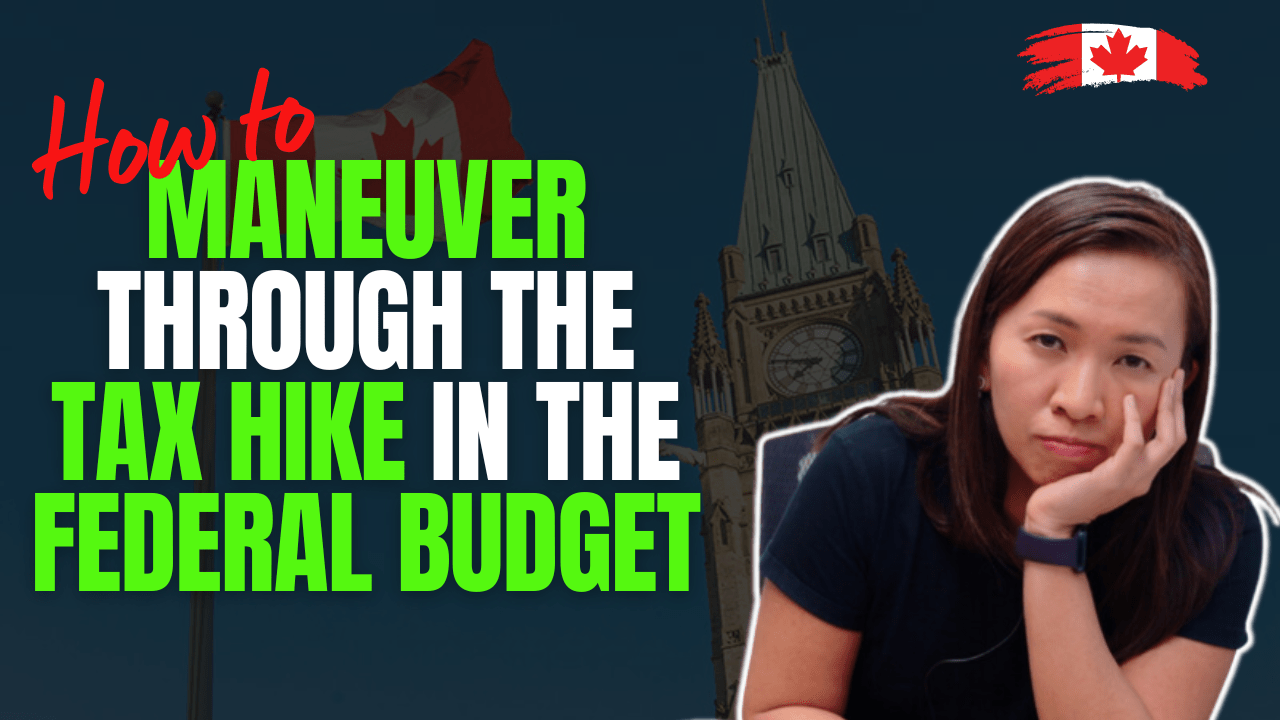Are you wondering about your Airbnb taxes as a short-term rental’s host? Or are you in the market to sell your Airbnb, wondering about the tax implications associated with it?
Last week I spoke to you about “HST Rebate on New Home” and what that means. Many of my real estate investor clients then shared their concerns about the taxes associated with short-term rentals (like Airbnb).
I have a video on this here.
So, let’s begin by addressing the primary question here…
How do you get taxed if you operate Airbnb?
According to the CRA, Rental income is income you earn from renting a property that you own. You can own the property by yourself or with someone else.
Rental income can be either income from property or business. Income from rental operations, such as short-term rentals and Airbnb, is usually income from the property.
You’ll be considered to have earned rental income when you rent space and provide basic services such as heat, light, parking, and laundry facilities
Therefore, just like all other income you earn, when you earn rental income from renting your property, you need to report the gross rental income and related expenses on your tax return.
On top of the income tax implication, Airbnb (short-term rental) owners are also required to charge HST taxes on the gross rental revenue on behalf of CRA, as short-term rentals are considered a commercial activity.
HST taxes on Airbnb Rental Income
A short-term rental that is for less than 30 days, such as Airbnb (where the rent charged is more than $20/day), is considered a commercial activity in the eyes of the CRA – Excise Tax Act.
What this essentially means is that you have to charge HST taxes if you rent out your Airbnb (short-term rental property), for anything less than 30 days.
Is there an exemption?
- Small supplier exemption
There’s a small supplier exemption available if your revenue from your short-term rental (and all other income from any other commercial activity you may have on an associated basis) is less than $30,000 in a 12 month period. Basically, no tax is collected on taxable supplies of the small supplier division.
Let me use an example to explain…
If you are an Airbnb host for a number of properties, you are only eligible for one $30,000 small supplier exemption.
So, if you make $25K from your first Airbnb, and $20K rental revenue from your second one, you would have exceeded the threshold when the combined revenue exceeds $30,000.
Nowadays, CRA requires these hosting platforms (like Airbnb) to charge HST taxes even if you are not HST registered.
But, being a HST registrant is NOT a bad thing, in some cases, you may even want to register early, i.e. register before your revenue hits $30,000.
If you’re buying a newly constructed home for Airbnb purposes, consider volunteering to register for HST before waiting for the short-term rental income to exceed $30K. The reason being that you can purchase a new home without paying for HST if you are using it to earn income from commercial activities. This also means that you will have to charge HST even if your revenue is below $30K.
Therefore, typically, real estate investors opt for the hassle of charging taxes (HST) on their Airbnb (short-term rentals).
- Long-term residential rentals
If your short-term rental (such as Airbnb) hosts the same guests for more than 30 days consecutively, you are not required to charge HST on that stay.
What if you decide to stop Airbnb hosting and switch it to a long-term rental or personal use property?
Well, if you decide to get out of the short-term rental market, and turn your property to long-term residential rental or personal use home after operating your property as short-term rental… you’re now considered to convert a commercial used property to a residential used property in the eyes of the CRA.
When you do the conversion, you’re required to self assess the HST on the fair market value of the property, and remit the HST to CRA.
Ouch! That can be a substantial amount of money when HST is calculated on the fair market value of the property when you change its use.
What does that really mean?
Say you purchase a residential resale property for $500,000, you didn’t pay any HST on the purchase. You decide to use this property for Airbnb purposes to generate revenue for a couple of years. COVID hits and you’re forced to pivot and convert the property to a long-term rental instead.
At the time of the switch, the property was worth $600K.
You would now be required to do a self-assessment, remit HST on $600K to CRA as you’re converting a commercial property to residential use.
13% of $600K is $78K.
You’re eligible to claim HST you paid on acquiring the property but because it was a residential resale home, you didn’t pay HST on the purchase.
You would have to remit most of the $78K to CRA. Yikes!
HST taxes on selling your Airbnb rental
When you sell yourAirbnb property, you would have to charge HST taxes on the sale of the property.
This is very common for properties that are primarily used as short-term rentals, such as condo units located around various resorts.
As an example, our client purchased a small hotel unit at Deerhurst resort in Muskoka. Sellers charged HST taxes on the sale as this unit was previously used for Airbnb short-term rentals in the past.
On the flip side, certain units available in the same resort do not charge HST at all. They were used for personal use purposes and they were never operated as short-term rentals.
In many situations though, it is unusual for the sellers to sell a residential resale home and charge HST on top of the market price.
Depending on the type of the properties you are operating your short-term rentals out of, most residential resale buyers would not want to pay HST on top of the purchase price, especially since their intended use would not be short-term rental. You may have to include HST in the sale price in these circumstances.
Again, similar to the example I used earlier…
Say you purchased a residential home for $500K, and used it for short-term rental.
You then sell it for $600K.
The $600K would have included the HST and you’re liable to do a self-assessment to CRA.
Income taxes as a Airbnb Host
If you own the Airbnb property in your personal name
When you own and operate Airbnb in your personal name, you can report it income as rental income,or self employed income… depending on the extent of service you’re providing.
To clarify this, if you’re operating the short-term rental as a business – providing a lot of services similar to what a hotel would provide – you can choose to report your short-term rental income as self employed income.
Whether you’re reporting your income as rental income or self employed income, the net result is very similar.
The only difference is that if you report your short-term rental income as rental income, the net income you get is not subject to Canada Pension Plan. If you report your short-term rental income as self employed income, you’re liable to pay both employer and employee portion of Canada Pension Plan.
From a financing perspective, you are eligible to borrow money using your self-employed income. But with rental income, the calculation for mortgage qualification can be slightly different. Sometimes, the lenders would only count half of the rental income for your mortgage qualification.
If you own the Airbnb property in a corporation
When you own and operate Airbnb in your corporation (depending on the extent of service that you provide), you may want to report your rental income as active business income. This way you will only pay 12.2% tax in Ontario.
However, you need to provide strong documentation on your situation as to why your short-term rental is providing similar services as a hotel operation would provide.
This can range from providing cleaning services, linen services, internet services, local theme parks passes, sauces and spice, olive oil …anything above and beyond a basic rental to show that you are no longer just a regular rental, but a service based business.
Now, on the other hand, you can always report your rental income as passive income, just like the income from your long-term rental.
The downside of this is that you will be subject to a 50% passive income tax rate inside the corporation, with 30% refundable if you declare a taxable dividend to the shareholder. You do have the option to pay yourself a salary to lower the amount that is subject to the higher rate.
What are the HST taxes associated with Airbnb rental arbitrage??
First of all, what is rental arbitrage? Essentially, you don’t own the short-term rental yourself. You rent a place from a landlord that’s willing to allow you to operate a short-term rental.
In exchange, you pay him your monthly rent.
HST implication on the rental income from short-term rental is the same as what I have mentioned above.
You are to charge HST on rent if your income from all commercial activities including short-term rentals exceed $30,000.
You can claim the HST you paid on expenses to lower the HST payable. Expenses like utilities, repairs & maintenance, advertising, etc.
You can claim the rent that you pay the landlord as a business expense.
If you operate a rental arbitrage business in your personal name, I would report the income on the self-employment schedule as you’re truly operating a business here.
If you operate this business in a corporation, again, depending on the amount of services you are providing to the guests, you may have a stronger argument to report your income as active business income.
Do note that mixed-use properties (properties that include both taxable and exempt rentals such as short-term and long-term rentals in a single property) are subject to rules that are more complex. Therefore, I always advise my clients to sit and discuss your situation with a real estate accountant that understands the rules.
Until next time, happy Canadian Real Estate Investing.
Cherry Chan, CPA, CA
Your Real Estate Accountant
P.S. If you enjoyed this post on Airbnb taxes, and are interested in keeping up with all the real estate tax tips I keep learning and would like to share with you, make sure you sign up to my newsletter here.
